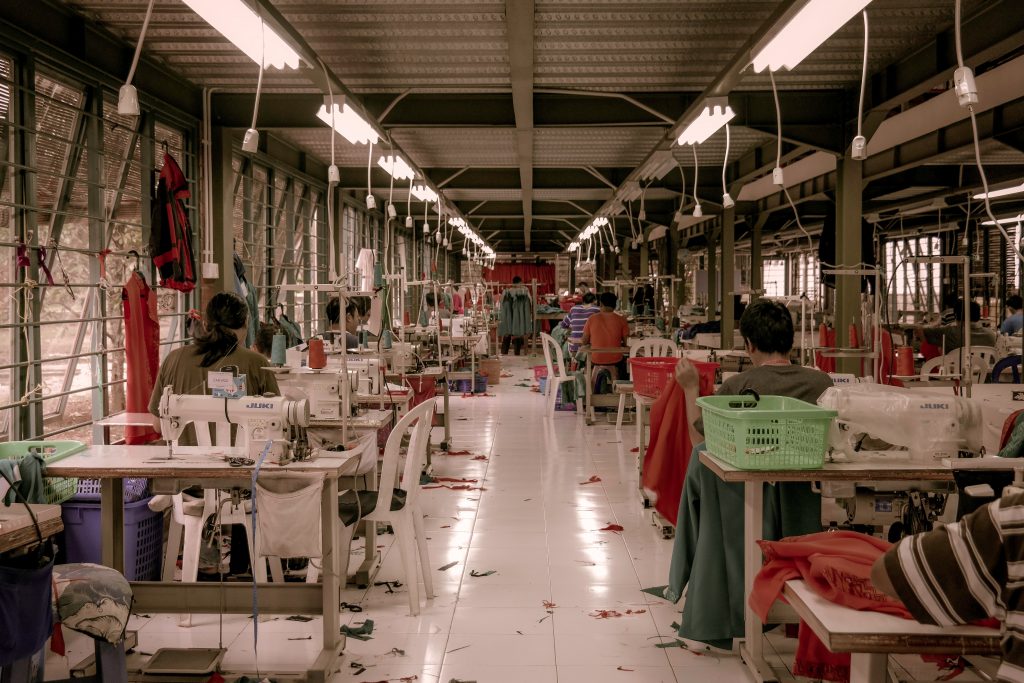We hear these phrases all around recently. Businesses worldwide have started using sustainable development as their priority and a greater emphasis is put on this. Although, different reasons could be behind prioritising sustainability – for some companies it is cost saving long-term strategy and investing in green technologies, but for others – very good media attention and quite short-term marketing boost. So let’s explore in more details the very initial question – what is sustainable development and what is the difference between corporate social responsibility (CSR) and corporate sustainability as these definitions could sound interchangeable from the first glance.
Sustainable development was first defined in the World Commission on Environment and Development report ‘Out common Future’ in 1987 as development which meets the needs of the present without compromising the ability of future generations to meet their own needs. In other words we can define sustainability as an adequate balance between our planet’s resources and capacity to regenerate supply for the future and what we use right now to please our immediate demands. The best and well-known example of sustainable view for the future is investment approach of Norwegian sovereign wealth fund, which put aside royalties from natural resources for future generations and use accruing interest for the current needs of the country.
A socially responsible company puts much attention to stakeholder interests, for instance, oil production company would build schools or hospitals in areas of their direct producing to compensate its impact on locally affected communities. Another example of corporate social responsibility could be a retail company’s investments in providing clean water to households in India, fighting for diversity and women’s rights or marketing campaigns about reusing and recycling their products. As mentioned above, such actions are not always focusing on long-term benefits as both schools and hospitals need well trained staff and investments in the future. With such approach what seems well-intentioned goal turns out to be not so sustainable. Based on this oil production company’s example we can conclude that CSR has very deep roots in socially accepted norms, morality and ethics, and there’s no question, whether CSR initiatives are reasonable or useful for communities. Although, there could be some cases, when these initiatives are either socially responsible or they are sustainable, but not both at the same time.


Let’s observe the above mentioned example of retail company from corporate sustainability perspective. The same company alongside with being socially responsible would invest in discovering new materials, for instance, recycled fur for winter coats with plastic bottles as insulation, improving packaging to use less materials. Cooperation and partnership with supplier who follow ethical norms is another form of corporate sustainability. Being ethical towards animals as refusing the use of animal fur and genuine leather, using ethically sourced wool. Corporate sustainability puts a focus on circular economy, how a company could use its production waste as a source of funding itself. For example, deposit return schemes around the world show us a perfect recycling loop. As more than 1.4 trillion drink containers are produced every year, there is enormous amount of quality material which could be reused and recycled – beverages are filled in bottles, consumers pay an extra deposit on the top of a price of a drink, use and then return these bottles, which are being processed into new ones.
In the other words sustainability is a response to the challenges of the modern world, this approach supports transformation of threats and risks into development opportunities. As one could conclude, corporate sustainability is a part of CSR and both divisions help companies to make a positive impact on stakeholders and societies. Although, CSR usually observes and reflects on what has been already done as contribution to society, while corporate sustainability targets the future and develops more sustainable processes within a company. CSR often address its initiatives to public opinion makers such as media or politicians, but everyone from stakeholders to end-consumers is involved in corporate sustainability value chain. Arguably, the main pillar of CSR motivation is building a company’s reputation and for corporate sustainability it is forming new opportunities for emerging markets around the globe.
Finally, it is worth noticing that long-term survival of a company is never worth risking over short-term success. Corporate sustainability is a ticket to addressing short-term needs without compromising the ability of future generations to live a thriving life with their needs met. Focus on ‘sustaining’ part of sustainability would support businesses to innovate and invest in long-lasting infrastructure.
Explore more about Corporate Social Responsibility and its European regulation. You can also find more about Corporate Sustainability and join Network for Business Sustainability here.
